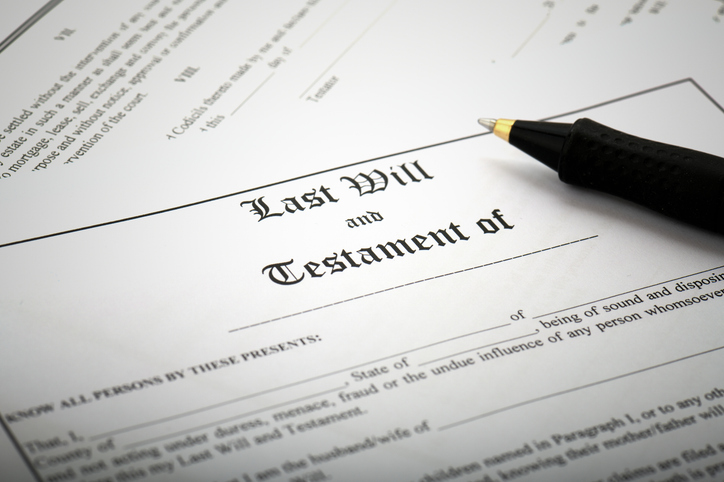
Estate planning is a common practice undertaken by individuals to arrange the distribution of their assets upon death. While some individuals may believe that drafting a comprehensive estate plan concludes their responsibilities, the realities of life—including births, deaths, marriages, and divorces—continuously reshape the familial landscape. Therefore, estate planning is not a "set it and forget it" proposition and instead requires ongoing attention and updates to remain relevant.
These plans are adaptable and should be revised to accommodate significant life changes, particularly following a divorce, to safeguard one’s assets. Given that estate plans often reflect marital status, it is typical for spouses to designate each other as beneficiaries or grant powers of attorney. However, divorce can profoundly impact these arrangements, affecting asset distribution, beneficiary designations, and appointed roles such as executors or guardians.
Therefore, following a divorce, it is crucial to update promptly after a divorce to ensure they align with your current wishes and circumstances. Neglecting to do so could, for example, inadvertently result in your ex-spouse inheriting assets or holding power of attorney. Additionally, since a divorce often divides assets your estate planning documents may divide assets that no longer belong to your estate.
While engaging another attorney immediately after divorce proceedings may not be a priority, revisiting your estate plan is a prudent step. This proactive approach ensures that your estate plan accurately reflects your intentions and mitigates any unintended consequences. For those navigating divorce and seeking clarity regarding their estate plans, our team at Cohn Lifland Pearlman Herrmann & Knopf, LLP, is prepared to offer guidance.
